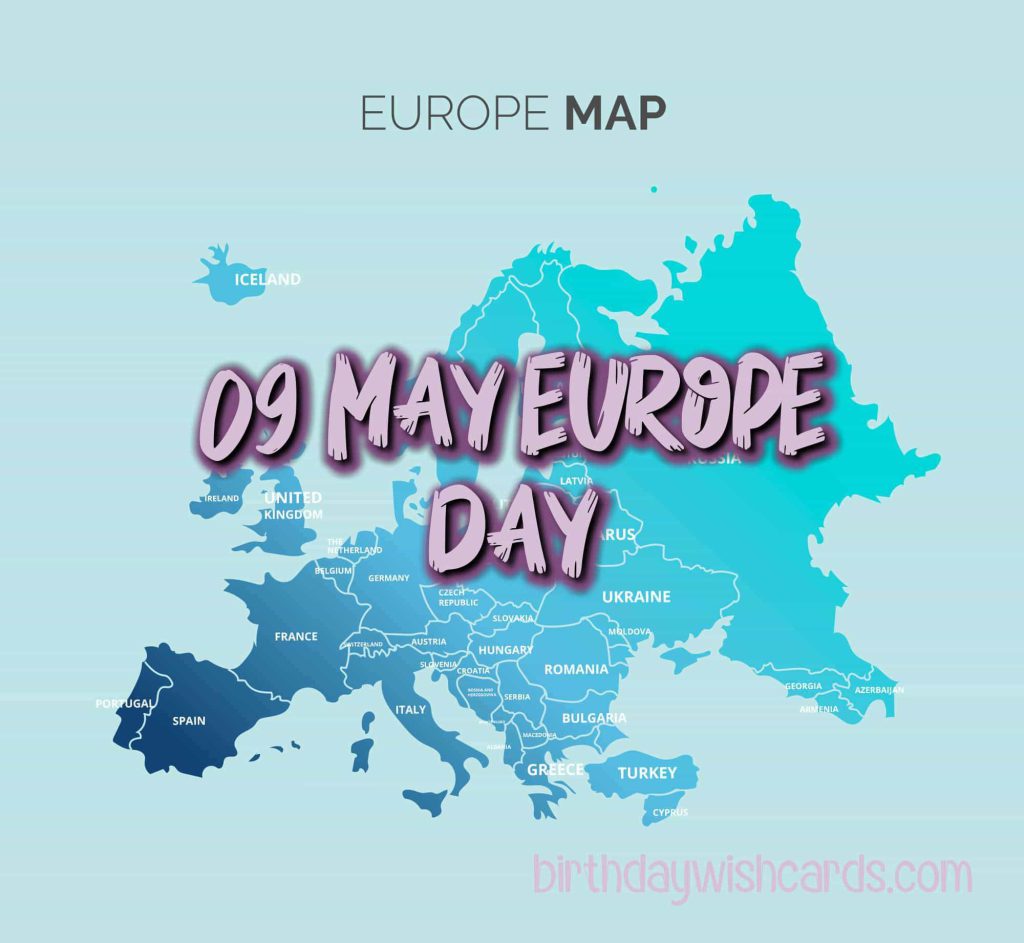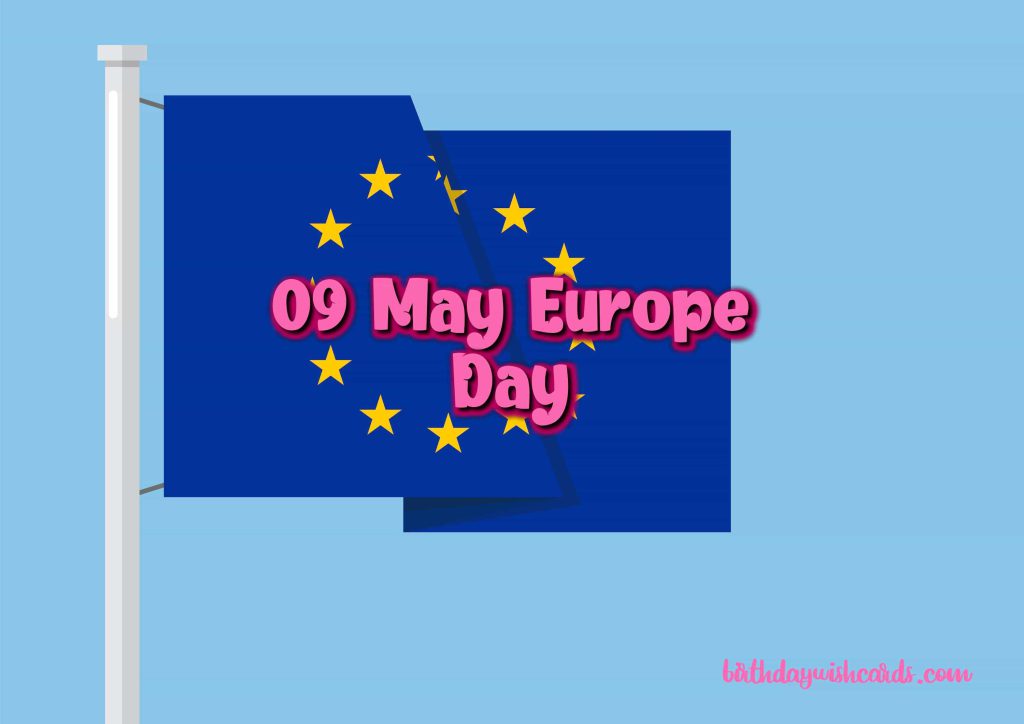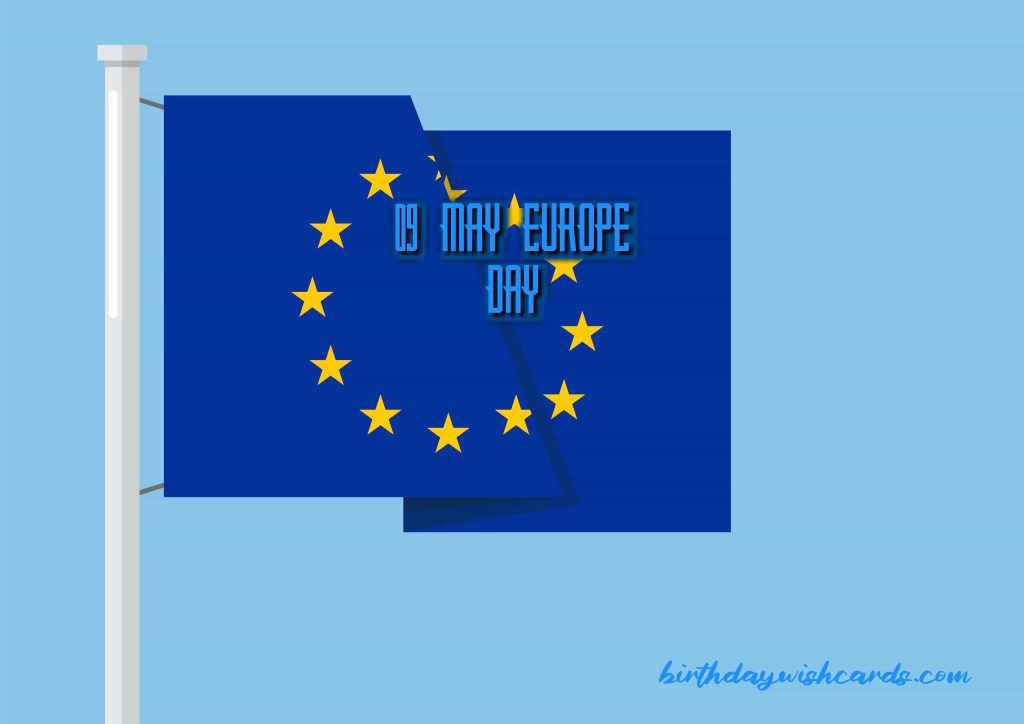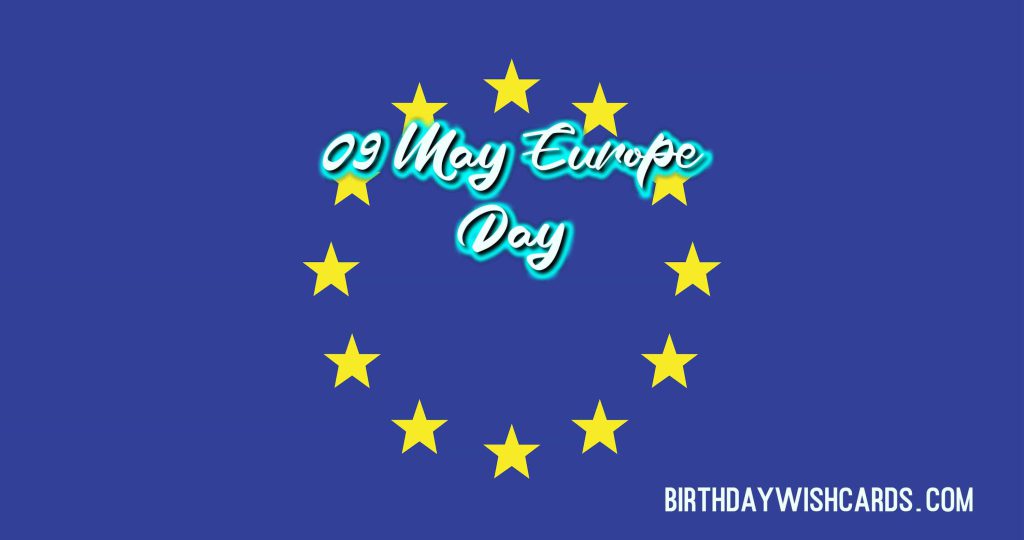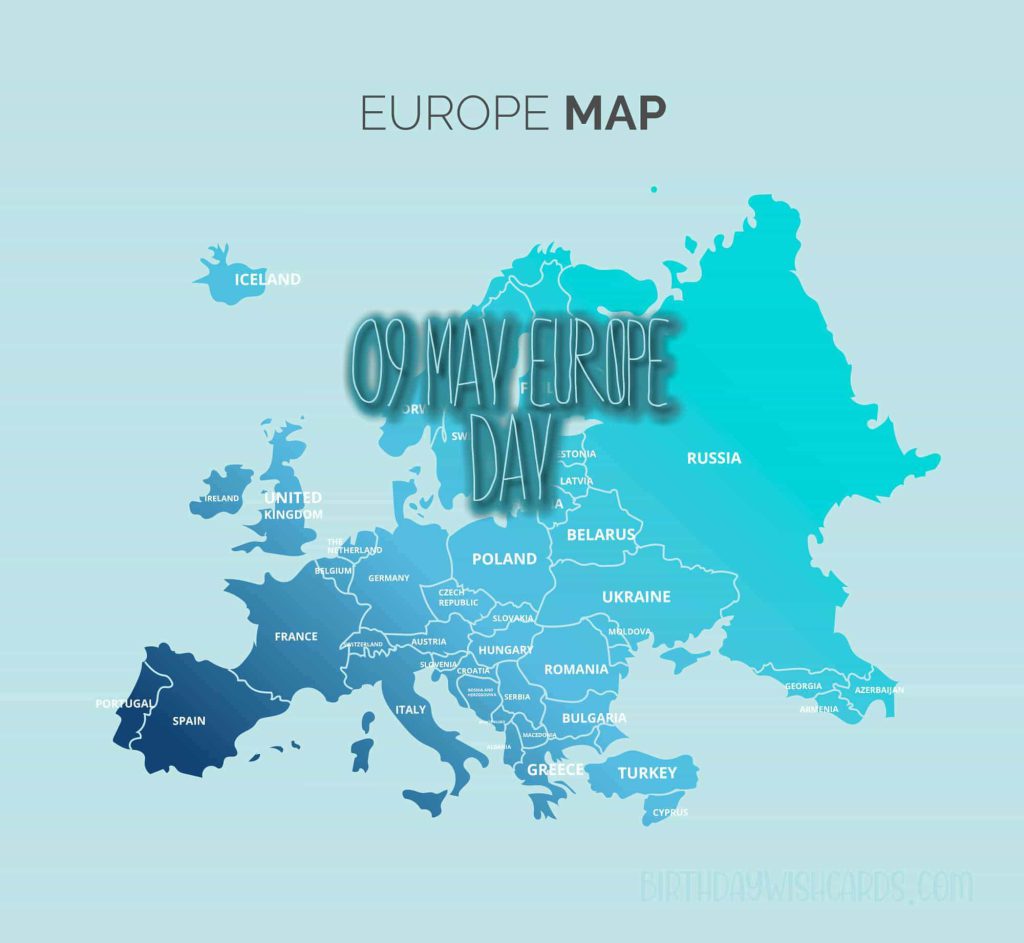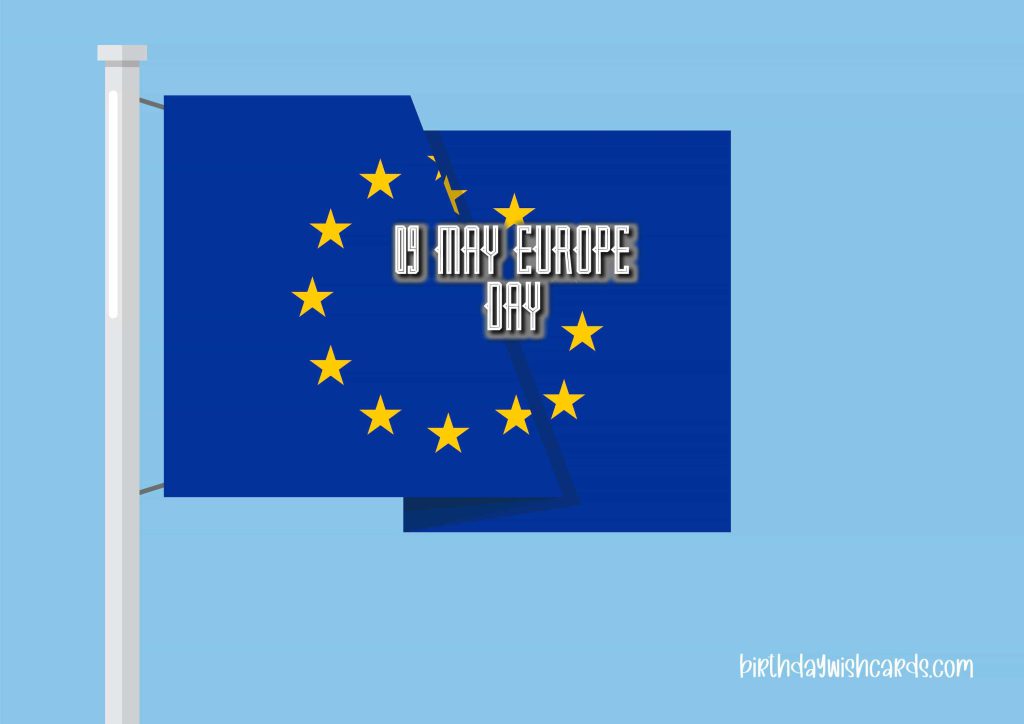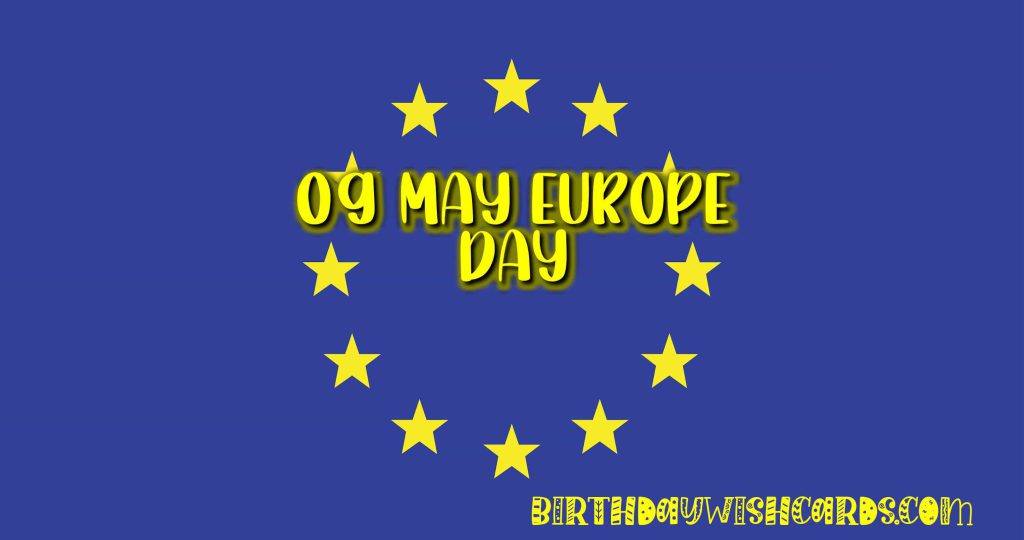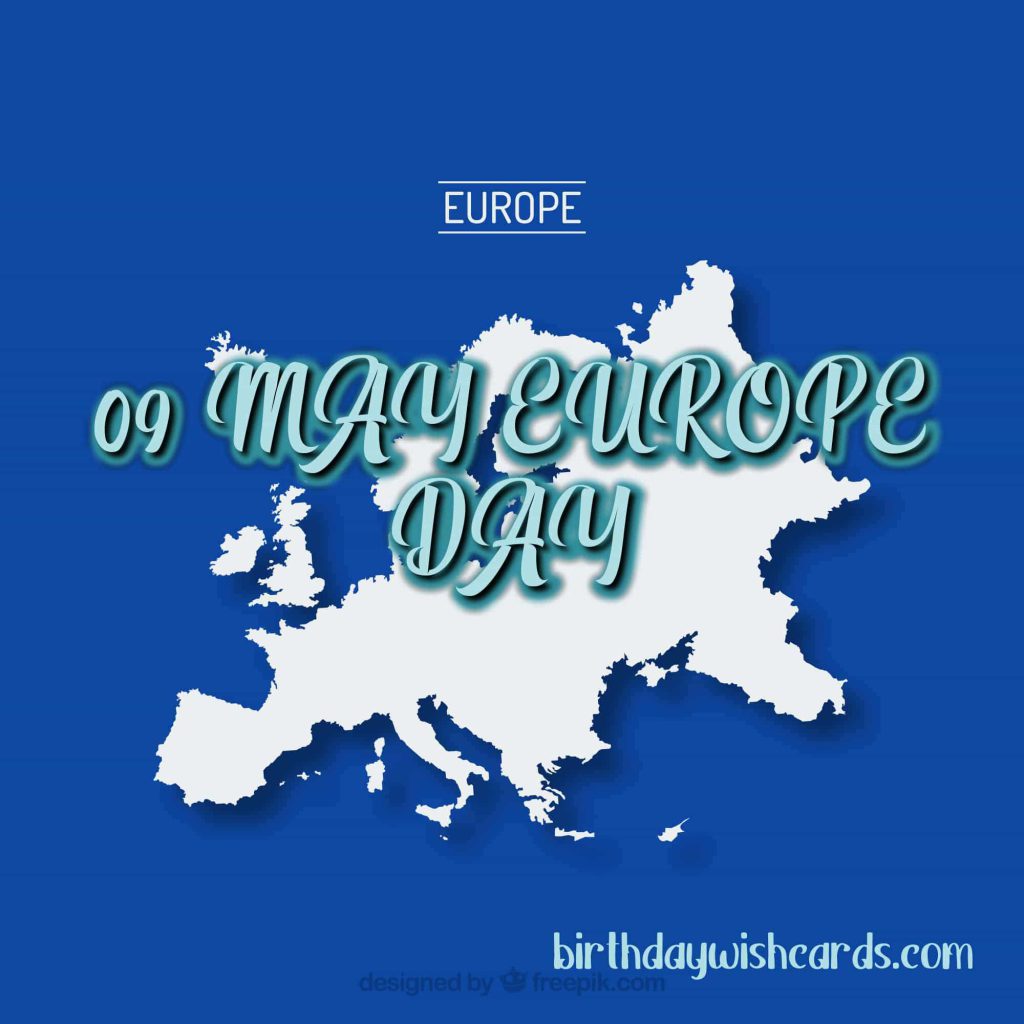
Europe Day: Celebrating Peace and Unity Across the Continent
Europe Day is a significant annual event established by the European Communities—precursor to today’s European Union (EU)—in 1985. Celebrated each year on 9 May, it honors the ideals of peace and unity across Europe. The date marks the anniversary of the historic Schuman Declaration, a visionary proposal to create a European institution that would jointly manage coal and steel production—key industries for post-war recovery and future cooperation.
This initiative led to the founding of the European Coal and Steel Community less than a year later. The original member states included Belgium, Austria, Finland, France, Luxembourg, Ireland, the Netherlands, Germany, Portugal, Italy, Greece, and Spain. Their collaboration was a pivotal step toward economic integration and enduring peace in Europe.
The Significance and Observance of Europe Day
Europe Day is a public holiday for employees of EU institutions. In 2019, Luxembourg recognized it as a public holiday for all residents, and Kosovo did the same. Across Europe, the day holds varying legal and cultural significance:
- Croatia: Observed as a “memorial day” (legally acknowledged, but not a public holiday).
- Lithuania: Recognized as a legal memorial day.
- Germany: Designated as a “flag day” (Beflaggungstage), when flags are officially displayed by federal decree.
- Romania: Celebrated alongside State Independence Day, combining two important national occasions.
These diverse observances reflect the different ways European countries honor the spirit of unity and cooperation fostered by the EU.
How Europe Day Is Celebrated
To mark Europe Day, EU institutions traditionally open their doors to the public in early May, offering citizens a unique opportunity to explore and engage with the European Union’s work. Local EU offices across Europe and worldwide organize a wide range of events for all ages, including:
- Guided tours of EU institutions
- Public debates and panel discussions on European policies and future prospects
- Live music performances and cultural exhibitions
- Workshops and interactive activities for children and families
Each year, hundreds of thousands of people take part in these activities, which aim to raise awareness of the EU’s role, values, and achievements.
Europe Day in the Era of COVID-19
Since the COVID-19 pandemic, the EU has adapted Europe Day celebrations to prioritize safety while maintaining engagement. Citizens across Europe and beyond are invited to participate through digital platforms. The EU now supports a mix of virtual, hybrid, and, where possible, in-person events—ensuring that the spirit of unity and shared identity endures, even in challenging times.
The History Behind the Schuman Declaration
The foundation of Europe Day is the Schuman Declaration, presented on 9 May 1950 by Robert Schuman, then French Foreign Minister. Schuman proposed creating a supranational community to coordinate coal and steel production between France and Germany—industries critical to armaments and thus to peace. By pooling these resources, the goal was to make war between European nations “not merely unthinkable, but materially impossible.”
This bold vision led to the creation of the European Coal and Steel Community, the first step toward European integration and the eventual formation of the EU. The declaration remains a symbol of hope, solidarity, and cooperation among European nations.
Member States and the Growth of the European Union
The original signatories of the European Coal and Steel Community treaty were key players in post-war Europe. Over the decades, the EU has grown to include 27 member states, united by shared values of democracy, human rights, and economic collaboration. Europe Day celebrates this ongoing journey toward a more integrated and peaceful continent.
Europe Day: A Platform for Education and Engagement
Beyond celebrations, Europe Day serves as an opportunity to educate citizens about the EU’s impact on daily life—covering economic policies, environmental initiatives, social programs, and global diplomacy. Schools, universities, and civil society organizations host educational events to foster a sense of European identity and encourage civic participation.
Learning about the EU’s history and current role helps citizens appreciate the value of cooperation and understand the challenges the union faces today.
Images from Europe Day Celebrations
Europe Day is marked by vibrant public events and displays of cultural diversity. Below are some images capturing the spirit of celebrations across EU institutions and cities:
Why Europe Day Matters Today
Europe Day stands as a powerful reminder of the continent’s ongoing commitment to peace, unity, and democratic values. In a world facing geopolitical tensions, economic uncertainty, and global challenges such as climate change, the ideals behind Europe Day are more relevant than ever.
By celebrating Europe Day, citizens and leaders alike reaffirm their dedication to collaboration, mutual respect, and progress. The day encourages reflection on Europe’s achievements and inspires continued efforts to build a better future for all.
Learn More About Europe Day and the European Union
To explore further, visit the official European Union website for comprehensive information about Europe Day, its history, and related events.
You can also visit the European Parliament portal for insights into the EU’s


